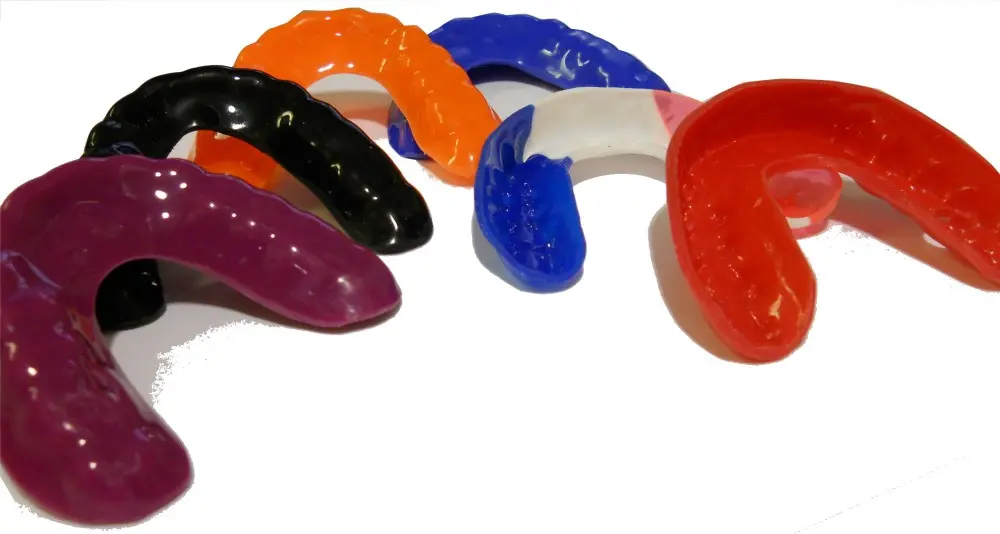In today’s fast-paced world, stress has become an almost ubiquitous part of our lives. From work-related pressures to personal challenges, stress can manifest in various ways, and one surprising area it can affect is our oral health. As we navigate through these stressful times, the importance of a mouth guard cannot be overstated.
Understanding Stress and Its Impact on Oral Health
Stress triggers a cascade of physiological responses within the body, including the release of stress hormones like cortisol and adrenaline. These hormones can have a profound impact on various systems, and the mouth is no exception.
- Teeth Grinding (Bruxism): One of the most common oral health issues associated with stress is bruxism, the clenching or grinding of teeth. This often occurs unconsciously, especially during sleep. Over time, bruxism can lead to tooth damage, including chipped or cracked teeth, and can even contribute to jaw disorders like TMJ (Temporomandibular Joint) dysfunction.
- Jaw Pain and Tension: High levels of stress can lead to muscle tension and jaw pain. People may experience headaches, jaw soreness, and difficulty opening or closing their mouths comfortably.
- Gum Disease: Stress can weaken the immune system, making it easier for bacteria to cause gum inflammation or infection. In some cases, chronic stress may exacerbate existing gum disease.
The Role of Mouth Guards
Mouth guards, also known as night guards or splints, are a valuable tool in mitigating the effects of stress on oral health.
They serve several crucial purposes:
- Protection from Bruxism: Mouth guards act as a barrier between the upper and lower teeth, preventing them from grinding against each other. This not only safeguards your teeth but also reduces the strain on your jaw muscles.
- Stress Reduction: Mouth guards help relax the jaw muscles by providing a stable and slightly separated bite. This can reduce muscle tension and alleviate jaw pain and headaches caused by stress-induced clenching.
- Prevention of Tooth Damage: Wearing a mouth guard during sleep significantly reduces the risk of tooth damage associated with bruxism. This can save you from costly dental procedures down the line.
Choosing the Right Mouth Guard
While over-the-counter mouth guards are available, it’s advisable to consult with a dentist to get a custom-fitted mouth guard. A custom guard offers a better fit, greater comfort, and superior protection. Your dentist can assess your specific needs and design a mouth guard tailored to your mouth’s unique shape and requirements.

















